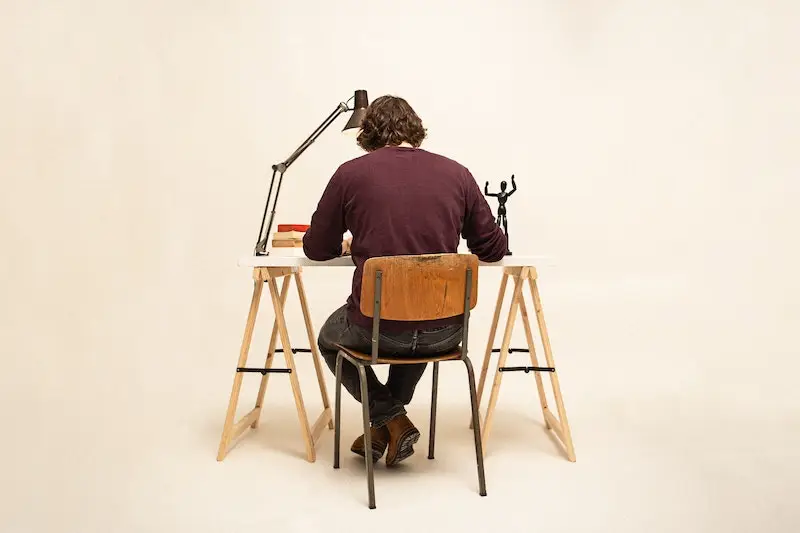3 Ways to Make Sure You Never Waste Experience

Let’s face it: change is an inescapable part of life.
In particular, when a student is moving from high school to college and beyond, they are naturally faced with a lot of change. This period of a student’s transition challenges them to learn adaptability, which is, quite simply, the ability to adapt!
Adaptability won’t just serve them as they make this big life transition. Change will continue to happen throughout their lives. In particular, most students will experience job changes in their life.
One way to be adaptable in the midst of job change is to build transferable skills. This is also helpful if the student suddenly realizes that what they studied in college is not the direction they want to go with their career.
How can your student build transferable skills and develop adaptability in the constantly changing job market? Here are some starting points:
1. Find the Soft Skills
They’re buried in there somewhere.
The future of education in your inbox.
Get productivity tips, commentary, and Unbound updates sent to you!
No doubt your student is learning some “hard skills”, that is skills like carpentry, coding, cooking, or corporate tax accounting. (Sorry, the urge to aliterate took over there.) These are “hard” in the same sense that studies like biology, physics, and chemistry are called “hard sciences”. They are objective. Many are “hands-on”.
But amidst the hard skills are soft skills. They are more subjective. Soft skills are things like creativity, empathy, and leadership.
Transferable skills are soft skills. Or said another way: you can make any skill transferable if you can find and develop soft skills through that skill.
For example, your student learns carpentry. You may not think this would serve them in a quality assurance role. But it can! Carpentry teaches soft skills like proper measuring and attention to detail. These things are great skills that can be applied to a variety of jobs, including quality assurance.
Here’s a real-life example: I graduated with a degree in History. I’m not a historian, a school teacher, or a museum director. Instead, I’m in marketing. But the soft skills I learned from my history studies: pattern-finding, tracing cause and effect, understanding the big picture, etc. are serving me well in my current career.
2. Have A Beginner’s Mindset
Change wouldn’t be that big of a deal if we knew everything.
But of course, we don’t. That’s what makes change so hard. We have to learn a new system of roads when we move to a new town. We may even need to learn a new language. We need to learn a new set of processes at our new job.
Being adaptable requires us to be good learners. The ability to quickly and effectively master complicated information almost serves as a shortcut to transferable skills. In fact, it’s one of the most important soft skills to have. When your student develops the skill of learning they prepare themselves to take any change in stride and shorten the learning curve.
3. Be Clear About Value
Job changes can often throw people off because they may be switching careers and delving into something they don’t have any experience in.
That’s where understanding your strengths and knowing the value you bring becomes key. Students who know what kind of value they deliver can transfer skills from job to job. Understanding what an employer really needs and doing it well is a superpower.
Change is Certain…
But adaptability is up to your student to develop for themself. By picking out the soft skills that can be applied across the board, learning to learn well (and quickly), and understanding the core value they bring to the table can help them navigate a new job change or a foray into the job market for the first time.
Ascend, Unbound’s core program, helps prepare students for real life by leading them through their own real-life projects and classes that encourage real learning. (Did we mention it’s real?) Apply today.




